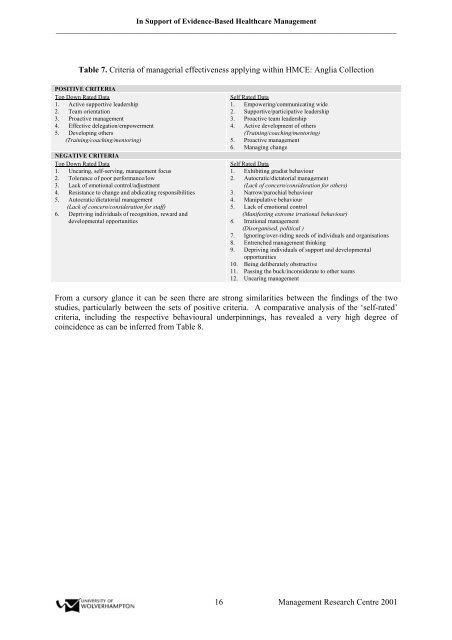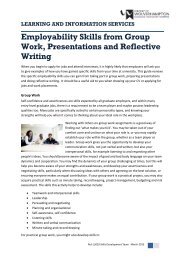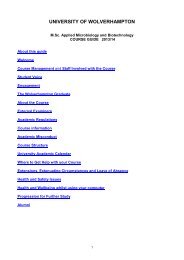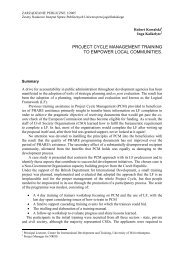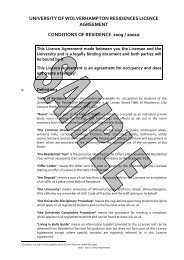In Support of Evidence-Based Healthcare Management: an ...
In Support of Evidence-Based Healthcare Management: an ...
In Support of Evidence-Based Healthcare Management: an ...
- No tags were found...
You also want an ePaper? Increase the reach of your titles
YUMPU automatically turns print PDFs into web optimized ePapers that Google loves.
<strong>In</strong> <strong>Support</strong> <strong>of</strong> <strong>Evidence</strong>-<strong>Based</strong> <strong>Healthcare</strong> <strong>M<strong>an</strong>agement</strong>_________________________________________________________________________________________Table 7. Criteria <strong>of</strong> m<strong>an</strong>agerial effectiveness applying within HMCE: Anglia CollectionPOSITIVE CRITERIATop Down Rated Data1. Active supportive leadership2. Team orientation3. Proactive m<strong>an</strong>agement4. Effective delegation/empowerment5. Developing others(Training/coaching/mentoring)NEGATIVE CRITERIATop Down Rated Data1. Uncaring, self-serving, m<strong>an</strong>agement focus2. Toler<strong>an</strong>ce <strong>of</strong> poor perform<strong>an</strong>ce/low3. Lack <strong>of</strong> emotional control/adjustment4. Resist<strong>an</strong>ce to ch<strong>an</strong>ge <strong>an</strong>d abdicating responsibilities5. Autocratic/dictatorial m<strong>an</strong>agement(Lack <strong>of</strong> concern/consideration for staff)6. Depriving individuals <strong>of</strong> recognition, reward <strong>an</strong>ddevelopmental opportunitiesSelf Rated Data1. Empowering/communicating wide2. <strong>Support</strong>ive/participative leadership3. Proactive team leadership4. Active development <strong>of</strong> others(Training/coaching/mentoring)5. Proactive m<strong>an</strong>agement6. M<strong>an</strong>aging ch<strong>an</strong>geSelf Rated Data1. Exhibiting gradist behaviour2. Autocratic/dictatorial m<strong>an</strong>agement(Lack <strong>of</strong> concern/consideration for others)3. Narrow/parochial behaviour4. M<strong>an</strong>ipulative behaviour5. Lack <strong>of</strong> emotional control(M<strong>an</strong>ifesting extreme irrational behaviour)6. Irrational m<strong>an</strong>agement(Disorg<strong>an</strong>ised, political )7. Ignoring/over-riding needs <strong>of</strong> individuals <strong>an</strong>d org<strong>an</strong>isations8. Entrenched m<strong>an</strong>agement thinking9. Depriving individuals <strong>of</strong> support <strong>an</strong>d developmentalopportunities10. Being deliberately obstructive11. Passing the buck/inconsiderate to other teams12. Uncaring m<strong>an</strong>agementFrom a cursory gl<strong>an</strong>ce it c<strong>an</strong> be seen there are strong similarities between the findings <strong>of</strong> the twostudies, particularly between the sets <strong>of</strong> positive criteria. A comparative <strong>an</strong>alysis <strong>of</strong> the ‘self-rated’criteria, including the respective behavioural underpinnings, has revealed a very high degree <strong>of</strong>coincidence as c<strong>an</strong> be inferred from Table 8.16 <strong>M<strong>an</strong>agement</strong> Research Centre 2001


